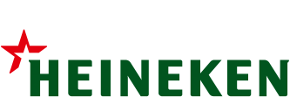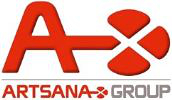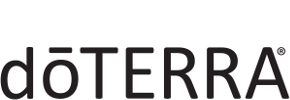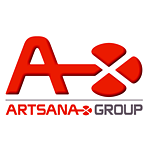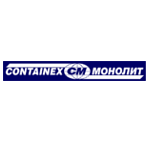Three convincing reasons to implement automation in a managing company
1. Optimization and increase in the efficiency of the business processes
In holding structures, business processes are especially complicated and often require original approach, as it is necessary to set up reliable cooperation between the holdingвАЩs companies and subdivisions not only with the outside world, but also between each other.
Apart from that, complex automation allows to find out and eliminate the businessвАЩs вАЬbottle necksвАЭ. As a result, the efficiency of work increases due to the reconsideration and reorganization of business processes, correction of internal regulations, creation of new interfaces of data processing and also implementation of systems allowing to reduce the amount of the employeeвАЩs routine operations.
2. Formation of corporate standards
Quite often a holding is formed by a range of companies, that had not been originally connected and that had been developing separately before consolidating into a unified system.
This causes divergence into corporate accounting protocols. What suffers the most from the lack of uniformity in data processing and formation of documents is usually the management accounting. Which means that the efficiency of management decision-making may be quite low because of the lack of the sufficient basis in the from of accurate and timely information about the business situation in the group of companies.
3. Increase in financial results
One of the main aims of a holdingвАЩs functioning is stabilization and improvement of financial indicators. This aim may be achieved by increasing the companyвАЩs capitalization, for example, as a result of purchasing expensive capital assets.
Investing in intangible assets вАУ particularly, in large-scale automation systems вАУ is a good long-term capital expenditure.
Apart from that, the holdingвАЩs managing company gets positive effect from using these systems also in short-term and medium-term perspective вАУ immediately after development and implementation.
What will you get? Or 10 problems you can forget about
The improvement of activities of holdingsвАЩ managing companies helps to solve a whole range of various problems:
- Increasing speed and transparency of management decision-making
- Saving resources: time, human and informational вАФ due to the automation of business-processes
- Avoiding labor-consuming preparation and duplication of accounting reports in the group of companies in different formats: for the groupвАЩs own needs and for presenting to the managing company (which is especially relevant for international holdings)
- Improving corporate standards if accounting reports formation and conducting business-processes, their unification
- Organizing storage of documented information, forming available and easy-to-use archive and registry systems
- Minimizing expenses on keeping management personnel
- Reducing the chain of transmitting and processing information
- Using the employeesвАЩ potential in the most effective way due to the fact, that they are released from a part of routine tasks
- Reducing the percentage of erroneous or nonoptimal decisions as a result of optimization of the informational currents schemes
- Decreasing competition and establishing the most effective allocation of resources between the groupвАЩs subdivisions based on the needs, time limits and all the possible consequences.
Two key aspects, or Things you should always remember
Two key aspects play important part in ensuring the informational transparency of holding structures business-processes:
- Methodological aspect
- Information technology aspect
This is the fulfillment of the requirements of these two factors that the ultimate success of the managing company depends on. Each of them must be taken into account, and it is necessary to take measures for their simultaneous realization.
Methodological aspect
It is responsible for formation and maintenance of a unified accounting policy at the company level: the unified standards and normative reference information.
If these parameters are not adhered to, there arises the situation, when there is a lot of information in the company, but you canвАЩt manage it in any way: you canвАЩt compare or consolidate data. As a result, you have to give a lot of effort and spend a lot of time to collect and prepare information to form management reports. Usually, solving this problem become possible after the development and implementation of unified corporate standards: policies, procedures and instructions.
Information technology aspect
It is related to the need to organize information and data in such a way so as to ensure efficient and convenient management decision-making. In its turn, the lack of order in managing IT negatively affects all the spheres of the companyвАЩs activities.
But it is important to remember, that implementing informational systems will not lead to positive results without the preliminary preparation of methodological and normative basis, the formalization of business-processes and the companyвАЩs organizational structure.
QlikView for a managing company
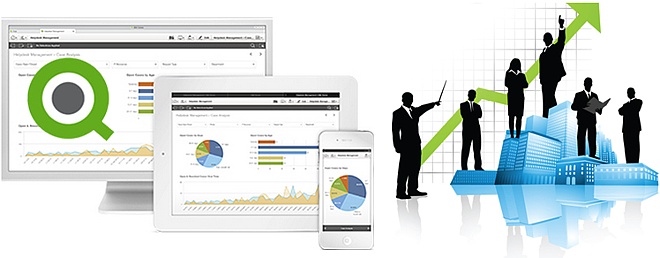
QlikView in a managing company means:
- data consolidation in the whole company;
- directorвАЩs panel of indicators: KPI, BSC;
- instrument for making correct management decisions;
- tool ensuring prompt reaction;
- unified system of operative control over financial currents;
- corporate risk management;
- possibility of a structured, hierarchical description of objects and recourses;
- plan-factor analysis;
- comparison of the objectsвАЩ functioning and of the targeted objects;
- formation of analysis and accounting with the possibility of the most complicated filters and groupings.

